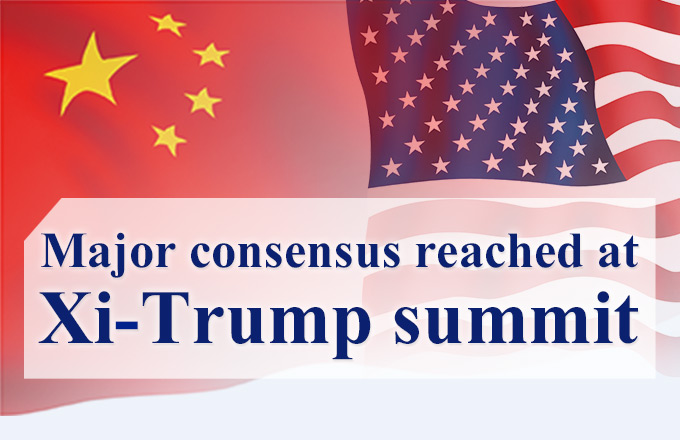Hong Kong seeks joint customs checkpoint with mainland on express rail to Guangzhou
Hong Kong is launching a joint checkpoint arrangement for the express rail link connecting it with Guangzhou with the signing of a deal between the special administrative region and Guangdong province.
Legal experts and lawmakers in the Hong Kong Special Administrative Region voiced support for the deal, praising the government's efficiency. They called on the public to work with the government to implement the plan to launch joint checkpoint service at West Kowloon Station on the Hong Kong section of the Guangzhou-Shenzhen-Hong Kong Express Rail Link.
The deal lays the legal foundation to have designated places in the terminus that allow authorities from both sides to go through customs checks.
The deal was the first in a "three-step process" for implementing a joint checkpoint arrangement.
Hong Kong SAR Basic Law Committee member and law professor Albert Chen Hungyee said he was confident that the co-location would be adopted because such an arrangement is in line with Hong Kong's Basic Law and won majority support in the SAR's Legislative Council.
He also said the government's efficiency in signing the deal immediately after obtaining legislative support demonstrated that the time is pressing for implementing the plan.
The 140-kilometer Express Rail Link, or XRL, is expected to be in use in the third quarter of 2018. It will greatly cut travel time between Hong Kong and Guangdong's capital Guangzhou. It now takes about 14 minutes to get from Hong Kong to Shenzhen, according to official data, and about 48 minutes to Guangzhou.
After signing the deal, the SAR and mainland will jointly seek a decision by the Standing Committee of the National People's Congress approving and endorsing the arrangement, before Hong Kong starts working on local legislation for the plan.
Hong Kong Chief Executive Carrie Lam Cheng Yuet-ngor told reporters after signing the deal with Guangdong Governor Ma Xingrui that she was informed that the NPC Standing Committee would deliberate on the deal in December and that the SAR would submit the deal to its Legislatve Council in February 2018.
She conceded that major challenges would appear in the third step - getting Legislative Council's passage of the plan.
Lawmaker Priscilla Leung Mei-fun said every bill legislators consider should be deliberated three times. If debate is intentionally delayed by filibusters, the Legislative Council's president would take appropriate actions to resume the debate, she said.
She suggested the government, as well as stakeholders, organize more public promotions of the plan to gain wider public recognition for it and the high-speed train.
Engineering lawmaker Lo Wai-kwok said the legislation should not be difficult because of the similar experience of Shenzhen Bay, where a joint checkpoint arrangement has been in place since 2007.




























